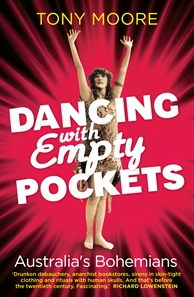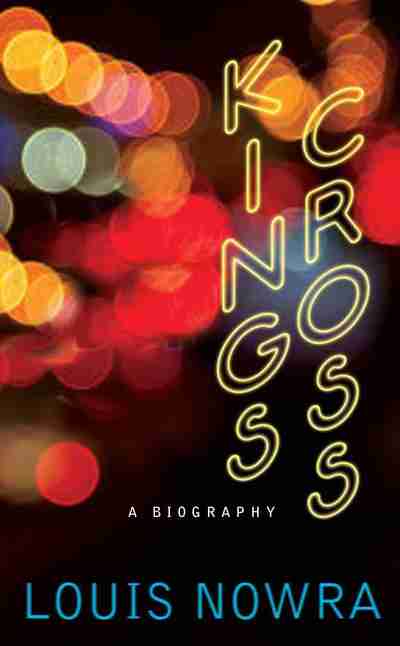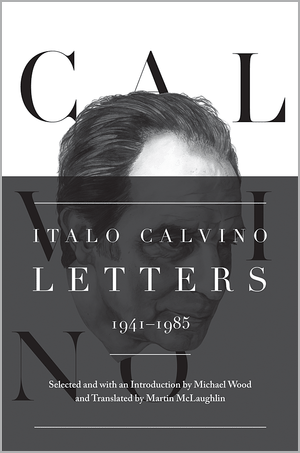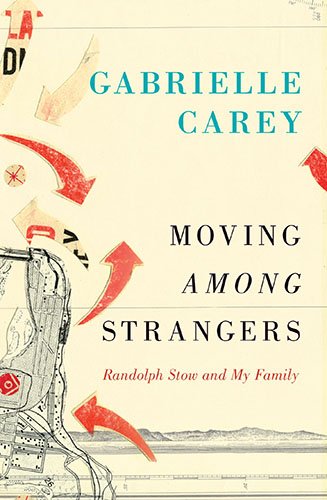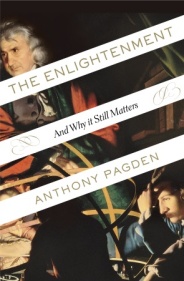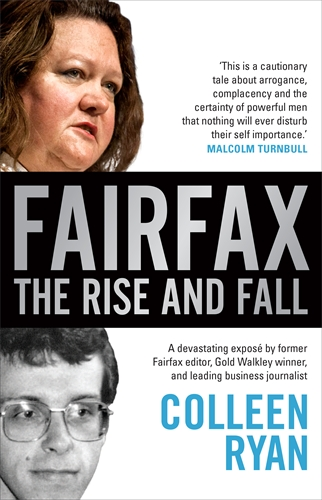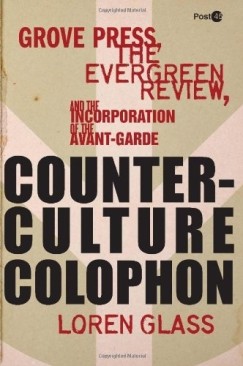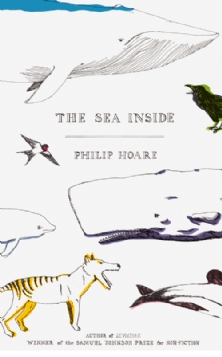Non-fiction
Poisoned Waters: Fukushima: The Inside Story of the Nuclear Meltdowns
In Fukushima: Japan’s Tsunami and the Inside Story of the Nuclear Meltdowns, Willacy writes about small towns like Rikuzentakata and Namie, where the destruction of the earthquake and the tsunami meet the invisible radiation menace. His book is an important contribution to the understanding of Japan’s ‘nuclear village’.
Dare to know! The Enlightenment and Why It Still Matters
All of this – the contradictions, the about-faces, the progressions and regressions, the many and varied strands of argument and implementation – is the legacy of the Enlightenment. Which makes the title of historian Anthony Pagden’s latest book, The Enlightenment and Why It Still Matters, puzzling. How can it not matter?
Inexorably winnowed: Fairfax: The Rise and Fall & Killing Fairfax
There is a pungent irony in the publication of these two books about the declining fortunes of the Fairfax Media company written by two of its most experienced and respected journalists. Media companies matter and journalism matters, but it is entirely possible that Fairfax will in the next year or two be dissolved or broken up or taken over by Australia’s richest person, Gina Rinehart.
Lives of the Publishers
In his posthumously published masterpiece 2666, Roberto Bolaño is clear-sighted enough to know that a visionary writer amounts to little without a visionary publisher. What would Benno von Archimboldi, the ‘great black shark’ of world literature, have been without Jacob Bubis, the German publisher unconditionally committed to him?
Brittle and brilliant: Benjamin Britten: A Life in the Twentieth Century
A new and comprehensive biography by Australian-born Britten scholar, administrator and conductor, Paul Kildea, is a worthy addition to the already significant pile of biographies and scholarly tomes on the composer. And it comes with a new controversy.
Digging a Hole in the Ocean: The Sea Inside by Philip Hoare
The Sea Inside plays with associative knowledge and pattern recognition, giving it a sometimes surreal quality as it leaps between informational clusters. Chronicled within its pages are scientists, docents, authors, bohemians, monks and adventurers, notable Indigenous figures, warriors and mystics.
